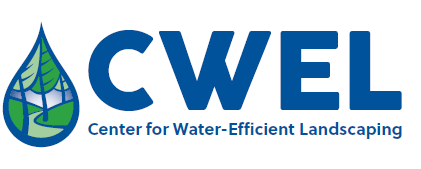Implementing Water Conservation in an Institutional Setting: A Case for Situational Problem Solving
Document Type
Article
Journal/Book Title/Conference
Journal of the American Water Resources Association
Volume
46
Issue
6
Publisher
Wiley-Blackwell
Publication Date
2010
First Page
1205
Last Page
1220
Abstract
Urban water conservation programs and research generally focus on residential and commercial use while paying less attention to institutional settings. We studied irrigated landscape water conservation at public schools, controlling for type of irrigation system (manual vs. automated control) and water conservation interventions (control, directive, prescriptive, and educational). We monitored landscape water use to compare changes among interventions and irrigation systems to measured plant water needs and historical use. Interviews and diaries allowed the study of behavior among custodians managing landscape irrigation. Large irrigation system effects overshadowed impact of the interventions. Schools using automated systems had high landscape water use and substantial capacity for water conservation but actual savings varied among schools. Schools using manual systems were the opposite yet many still managed further reductions in response to interventions. Effectiveness of water conservation interventions depended upon the contexts in which they were applied. Interventions were more effective when they led to situational problem solving that integrated generalized scientific and technical knowledge with experiential knowledge. Our findings suggest ways for school districts to decide where, when, and how to intervene in promoting water conservation but caution school districts investing in automated-irrigation systems, particularly if they will be operated remotely.
Recommended Citation
Kilgren, Douglas C.; Endter-Wada, Joanna; Kjelgren, Roger K.; and Johnson, Paul G., "Implementing Water Conservation in an Institutional Setting: A Case for Situational Problem Solving" (2010). CWEL Publications. Paper 39.
https://digitalcommons.usu.edu/cwel_pubs/39


